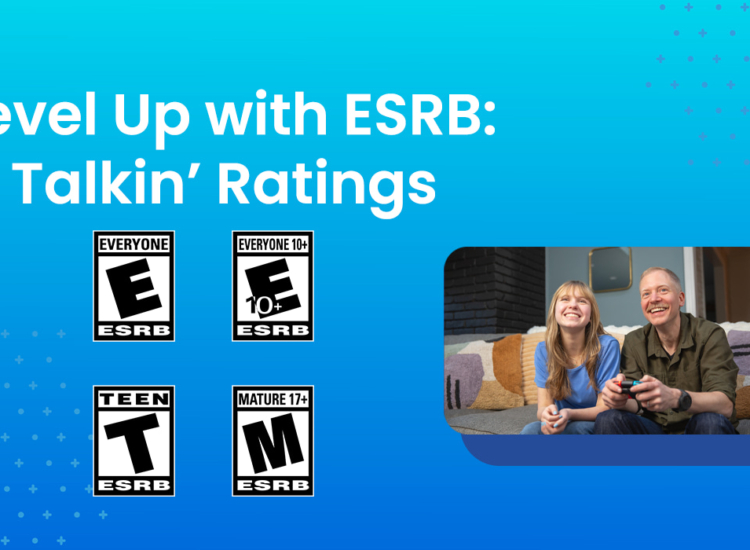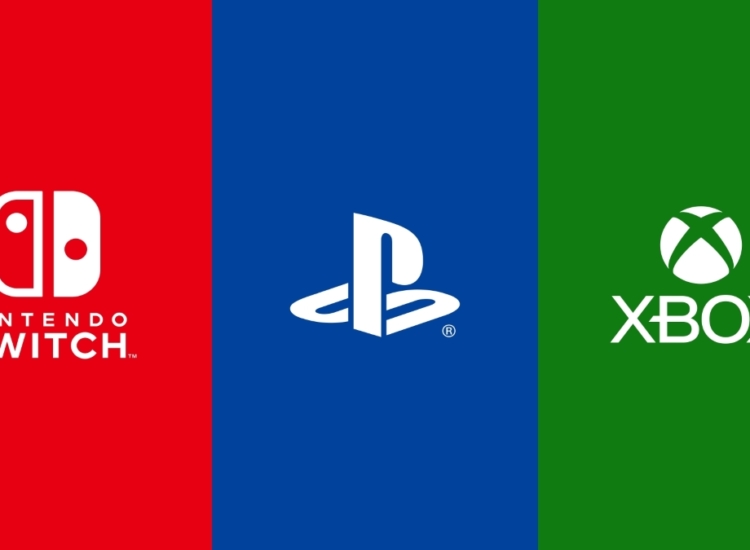Parents: Content is Key When Picking Appropriate Video Games
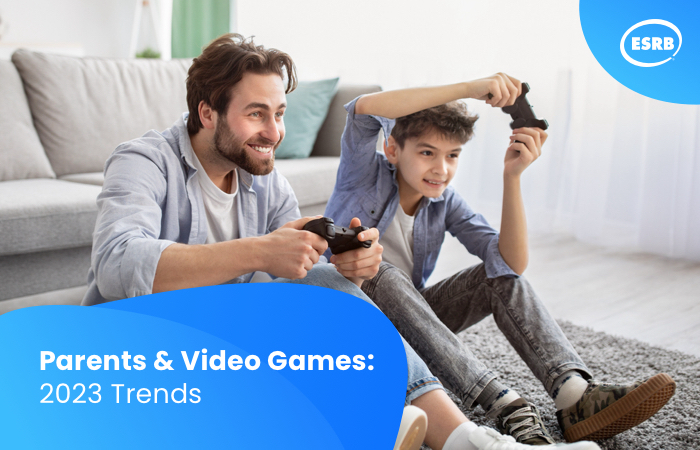
ESRB’s core mission is to assign age and content ratings to video games and apps to help parents decide which are appropriate for their kids. Of course, parental needs and challenges change over time, so every year ESRB conducts a survey to make sure parents have a good understanding of the ratings, and to determine what we can do to help.
Usually our yearly survey, conducted by Hart Research Associates, reveals compelling or surprising insights. But 2023 presents a difference in that many of these insights are remarkably consistent to previous years:
Trend: Parents Report Consistent Awareness and Use of ESRB Ratings
Parental awareness and use of the ESRB ratings steady with 2022’s. For many years parents and caregivers have reported high numbers on this topic, and it is encouraging to see such similar numbers year-over-year.
84% of parents with kids that play video games tell us that they are aware of the ESRB rating system. Meanwhile, 73% say they use the ESRB rating system regularly (“every time” or “most of the time”) when deciding which video games are appropriate for their kids. These numbers are identical to last year’s survey, illustrating a consistent trend for parents’ engagement with the ESRB rating system.
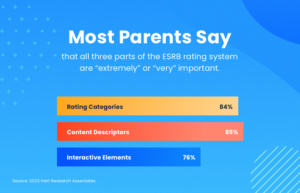
Similarly, a large majority of parents still tell us that each part of the rating system is “extremely” or “very” important in helping them decide which games are appropriate for their kids.
Trend: Finding Appropriate Content Continues to be Important to Parents
In 2023, parents reported an increased focus on finding appropriate video game content for their kids.
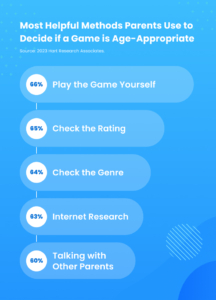 Parents have always told us that the content of their kids’ games is top-of-mind, and finding content appropriate video games remains one of their top challenges. 2023 shows a renewed interest in this challenge, and checking ESRB’s age and content ratings continues to be an important component of finding age-appropriate video games (second only to parents playing the game themselves).
Parents have always told us that the content of their kids’ games is top-of-mind, and finding content appropriate video games remains one of their top challenges. 2023 shows a renewed interest in this challenge, and checking ESRB’s age and content ratings continues to be an important component of finding age-appropriate video games (second only to parents playing the game themselves).
That said, parents reiterated that managing the amount of time their kids spend playing continues to be their biggest challenge by a significant margin. Fortunately, (as you’ll see) many parents are using parental controls to manage these challenges!
Trend: Parents Consistently Leverage Other Tools to Manage Their Kids’ Video Games
Parents are continuing to leverage multiple resources to manage their kids’ video games. From checking the ratings, to activating parental controls, it’s clear that parents remain involved in managing their kids’ video game experiences.
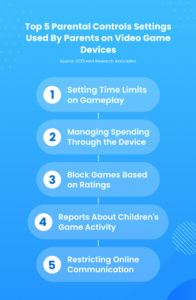 Parents continue to set parental controls to manage their kids’ video game play. In fact, 86% (up from 80% in 2022) of parents say they use at least one parental control setting on a gaming device (e.g., PC, mobile device, game console), a third-party app, or an ISP. Use of parental controls has steadily increased over the years, and coupled with household rules (which, according to our 2020 survey, are established in an overwhelming majority of households) illustrates that parents take an active role in making sure their kids enjoy appropriate video game experiences.
Parents continue to set parental controls to manage their kids’ video game play. In fact, 86% (up from 80% in 2022) of parents say they use at least one parental control setting on a gaming device (e.g., PC, mobile device, game console), a third-party app, or an ISP. Use of parental controls has steadily increased over the years, and coupled with household rules (which, according to our 2020 survey, are established in an overwhelming majority of households) illustrates that parents take an active role in making sure their kids enjoy appropriate video game experiences.
ESRB provides step-by-step parental controls guides at ParentalTools.org. Visit ESRB’s Family Gaming Guide for more tips and tricks to help keep your kids’ video game play appropriate and maintain peace of mind.
 Patricia E. Vance is the president of the Entertainment Software Rating Board (ESRB). In her position, she leads the teams responsible for assigning age and content ratings to video games and apps, enforcing marketing guidelines adopted by the video game industry, and operating ESRB Privacy Certified, an FTC-sanctioned COPPA Safe Harbor Privacy seal certification program.
Patricia E. Vance is the president of the Entertainment Software Rating Board (ESRB). In her position, she leads the teams responsible for assigning age and content ratings to video games and apps, enforcing marketing guidelines adopted by the video game industry, and operating ESRB Privacy Certified, an FTC-sanctioned COPPA Safe Harbor Privacy seal certification program.
